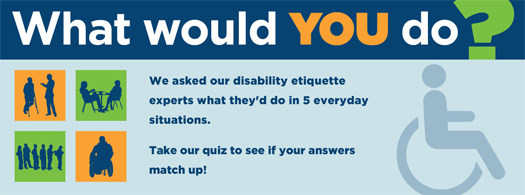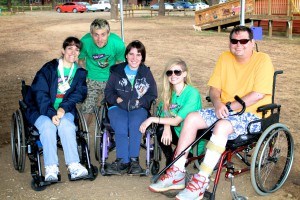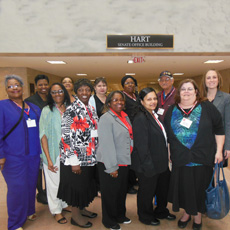by Col. David Sutherland
 What does character mean to you? To me it means following through on your obligation(s) after that initial motivation is gone. It’s an elusive trait — so easy to say it’s important to you and yet so difficult to put into practice.
What does character mean to you? To me it means following through on your obligation(s) after that initial motivation is gone. It’s an elusive trait — so easy to say it’s important to you and yet so difficult to put into practice.
In my first blog post, I used an Army saying: “Adapt and Overcome.” This is a large part of character. It’s the ability to face an ever-changing situation, stand your ground (dig in sometimes), overcome adversity and regain momentum.
Character is personified in someone like retired General Stan McChrystal. Here is a tough soldier who left the Army under controversy and great public scrutiny. He easily could have fallen by the wayside and lived the rest of his life collecting his pension and sitting on a corporate board. Instead, he stepped back into service because he continues to feel an obligation to those with whom he served. Somehow, he dug deep and rebuilt the motivation to serve those who had served him.
General McChrystal is doing many good things, but I particularly admire the difference he is making in the lives of veterans through his work on the Military and Veterans Affairs Council of JP Morgan Chase. He joined forces with them in 2011 and in just two years has played a big part in helping the company reach its goal of hiring 100,000 veterans in five years (they’re currently at 67,000 and counting).
Character is also exemplified at Easter Seals, which re-energized its efforts aimed at veterans that originally began in 1947. It was brought to the attention of senior leaders that suicide rates of veterans was increasing exponentially — and Easter Seals, as an organization dedicated to helping those facing barriers, asked what it could do beyond its current mission. Easter Seals examined its core competencies and looked at ways to bring those to the forefront.
Skilled at caregiving for civilians, Easter Seals pitched and won a contract with the Veterans Administration (V.A.) to provide caregiver training to families of our nation’s wounded.
In the past 18 months, Easter Seals has trained nearly 13,000 caregivers through this program. The benefit? This way, the veteran gets supported for by those closest to him or her, and the caregivers then qualify for the stipend provided by the V.A.
I encourage you to see what you can do in your community to stay motivated to your cause. There’s a whole section on Dixon Center’s web site called Toolkits and Training that should give you a good start.













